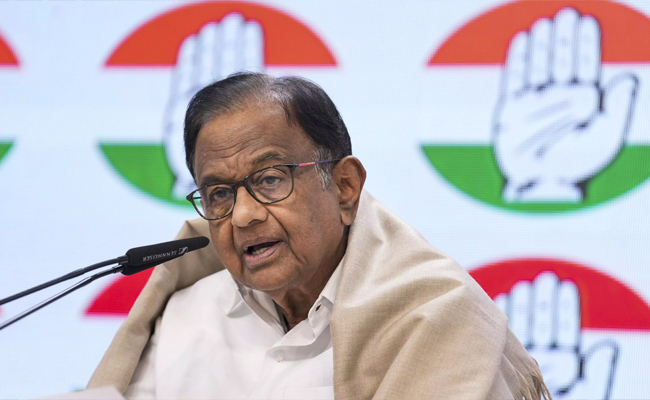Bengaluru, May 17: Amid allegations in some quarters that a lesson on freedom fighter Bhagat Singh was omitted, the Karnataka Textbook Society on Tuesday clarified that the chapter has not been removed, and the Kannada textbook of Class 10 is currently at the printing stage.
Organisations like All-India Democratic Students Organisation (AIDSO) and All-India Save Education Committee (AISEC) had alleged that a speech by RSS founder Keshav Baliram Hedgewar was included in the textbook, while omitting a lesson on Bhagat Singh.
"Currently there are reports in the media that a lesson on Hedgewar has been included into class 10 first language Kannada text book by omitting a chapter on Bhagat Singh. The reality is that the chapter on Bhagat Singh has not been omitted from textbooks," the society said in a statement.
It is hereby clarified that the revised first language Kannada textbook of class 10 is currently under printing, it said.
Noting that the committee headed by Rohith Chakrathirtha was constituted to examine Social Science and language textbooks and revise them, the clarification note further said, the Committee has revised Social Science text books from class 6 to 10 and Kannada language text books from class 1 to 10.
Primary and Secondary Education Minister B C Nagesh on Monday defended inclusion of a speech by Hedgewar in a revised Kannada textbook.
He had said that the textbook does not contain anything about Hedgewar or RSS, but only his speech on what should be an inspiration to people, especially the youth, and that those who have raised objections have not gone through the textbook.
The organisations have also alleged that works by renaissance literary figures like A N Murthi Rao's 'Vyaghrageethe,' P Lankesh's 'Mruga Mattu Sundari,' and Sara Aboobacker's 'Yuddha' were omitted from the textbook.
Commenting on the issue, Karnataka Congress President D K Shivakumar said: "Today they are removing Bhagat Singh, tomorrow they will remove Mahatma Gandhi."
"Let us never forget the sacrifices of those who freed us from colonialism," he added.
Let the Truth be known. If you read VB and like VB, please be a VB Supporter and Help us deliver the Truth to one and all.
Abu Dhabi (PTI): Kolkata Knight Riders splurged a record-breaking Rs 25.20 to land top Australian all-rounder Cameron Green even as Indian stars Prithvi Shaw and Sarfaraz Khan went unsold in the Indian Premier League players' auction here on Tuesday.
Green surpassed compatriot Mitchell Starc (Rs 24.75 crore) to become the most expensive overseas player at an IPL auction. This was after Kolkata Knight Riders and Chennai Super Kings were involved in an intense bidding war for him before the latter emerged winner.
KKR also went after Venkatesh Iyer before pulling out of the race against Royal Challengers Bengaluru, who fetched the services of the India all-rounder for Rs 7 crore.
As far as Green is concerned, his salary for the season would still be Rs 18 crore (USD 1.9 million) as the rest of the amount will go towards the BCCI's player development programme as per the rules of the auction for foreign players.
Green, who previously turned up for Mumbai Indians and Royal Challengers Bengaluru, has so far played 29 matches in the IPL to aggregate 707 runs and take 16 wickets.
Shaw, however, went unsold despite his fine run of form in the domestic circuit lately, and so was the case with Sarfaraz, who smashed a 22-ball 73 in a Syed Mushtaq Ali Trophy match for Mumbai on Tuesday.
Big-hitting South African batter David Miller was bought by Delhi Capitals for his base price of Rs 2 crore, but New Zealand swashbuckler Devon Conway, whose base price was also Rs 2 crore, went unsold in the auction.
Seasoned South African opener Quinton de Kock returned to his old base Mumbai Indians for a base price of Rs 1 crore.
A total of 359 players -- 246 Indians and 113 overseas players -- are part of the mini auction pool with the 10 franchises bidding to fill up a maximum of 77 slots, including 31 reserved for foreign players.





